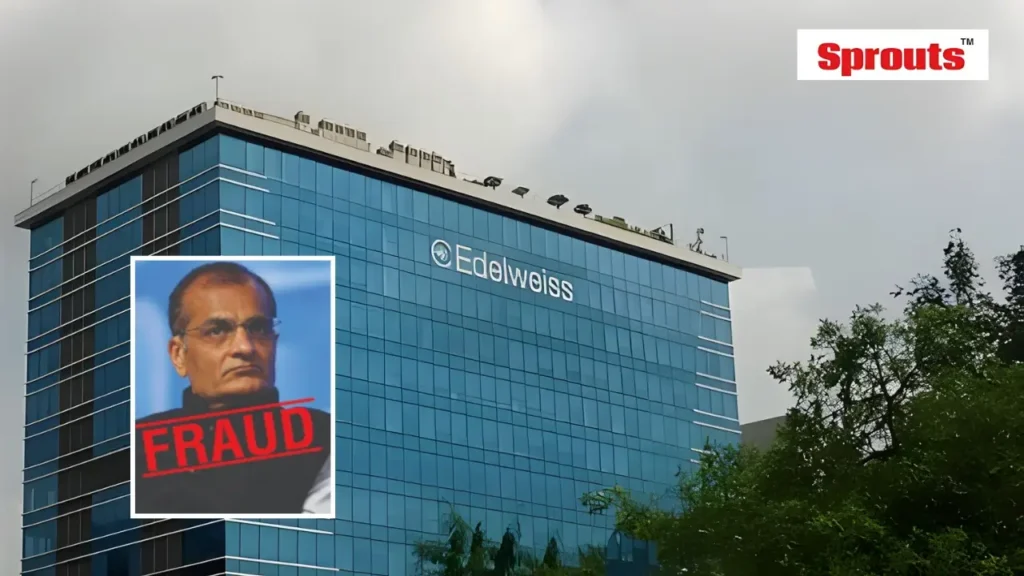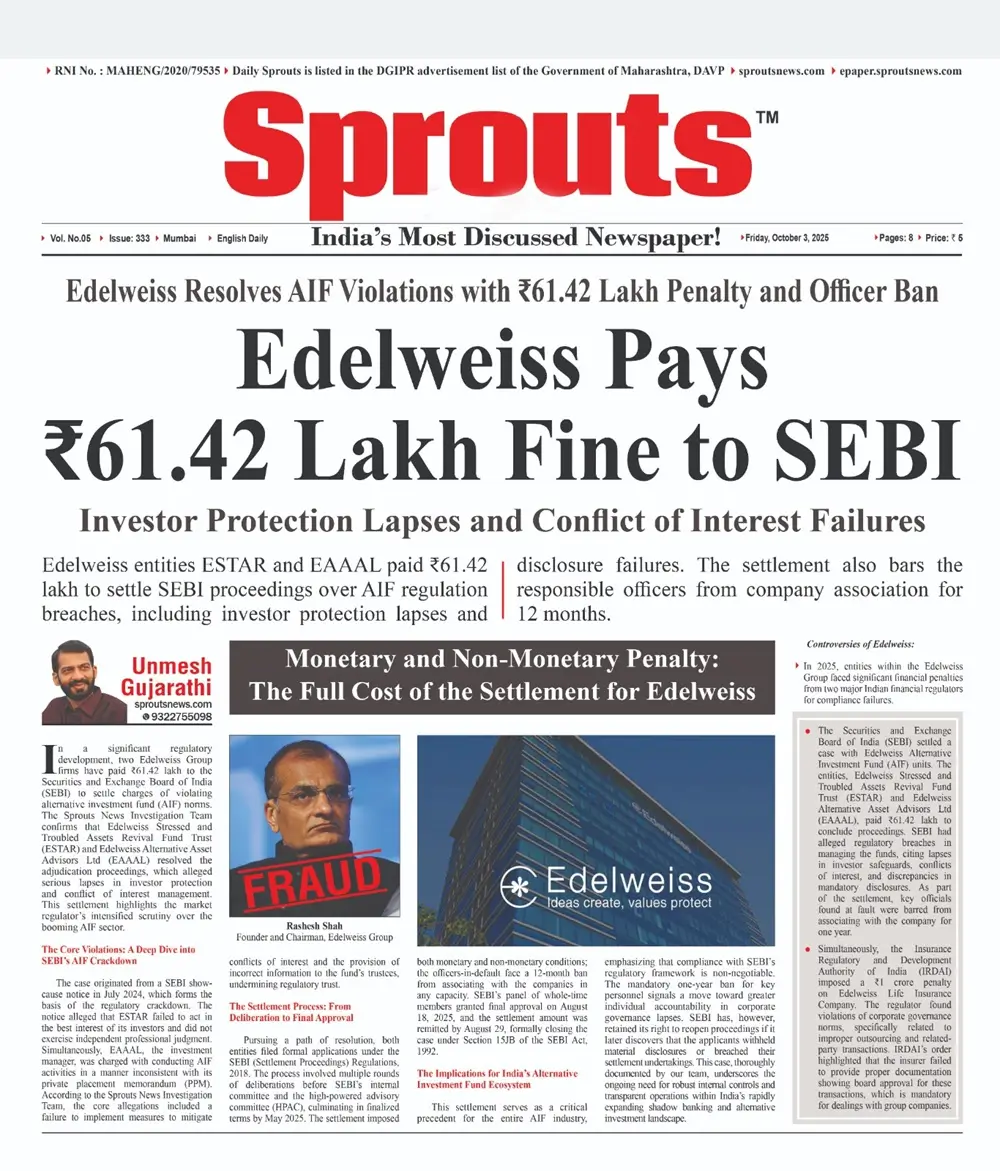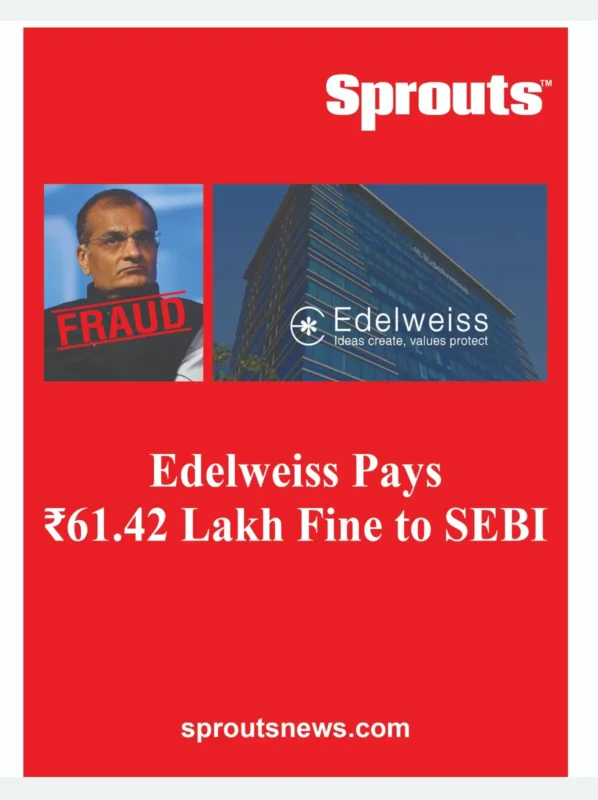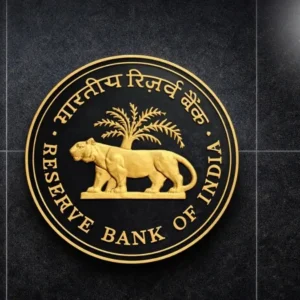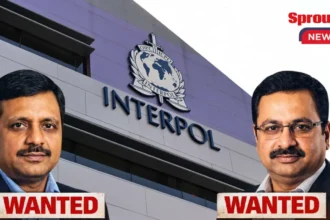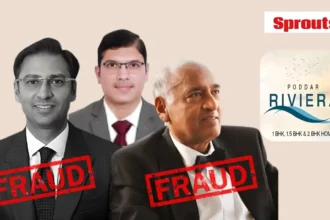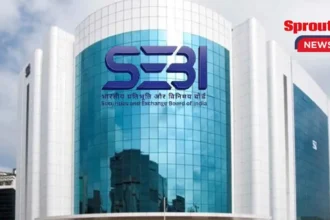Edelweiss Pays ₹61.42 Lakh Fine to SEBI
• Edelweiss Resolves AIF Violations with ₹61.42 Lakh Penalty and Officer Ban
• Investor Protection Lapses and Conflict of Interest Failures
• Monetary and Non-Monetary Penalty: The Full Cost of the Settlement for Edelweiss
Edelweiss firms ESTAR and EAAAL have paid ₹61.42 lakh to the Securities and Exchange Board of India (SEBI) to settle charges of breaching alternative investment fund (AIF) norms. The case involved investor protection lapses, conflict of interest failures, and disclosure violations. As part of the settlement, SEBI also barred responsible officers from holding company associations for 12 months, signaling tougher scrutiny of the AIF sector.
- Edelweiss Pays ₹61.42 Lakh Fine to SEBI
- • Edelweiss Resolves AIF Violations with ₹61.42 Lakh Penalty and Officer Ban
- • Investor Protection Lapses and Conflict of Interest Failures
- • Monetary and Non-Monetary Penalty: The Full Cost of the Settlement for Edelweiss
- The Core Violations: A Deep Dive into SEBI’s AIF Crackdown
- The Settlement Process: From Deliberation to Final Approval
- The Implications for India’s Alternative Investment Fund Ecosystem
In a significant regulatory development, two Edelweiss Group firms have paid ₹61.42 lakh to the Securities and Exchange Board of India (SEBI) to settle charges of violating alternative investment fund (AIF) norms. The Sprouts News Investigation Team confirms that Edelweiss Stressed and Troubled Assets Revival Fund Trust (ESTAR) and Edelweiss Alternative Asset Advisors Ltd (EAAAL) resolved the adjudication proceedings, which alleged serious lapses in investor protection and conflict of interest management. This settlement highlights the market regulator’s intensified scrutiny over the booming AIF sector.
Click Here To Download the News Attachment
The Core Violations: A Deep Dive into SEBI’s AIF Crackdown
The case originated from a SEBI show-cause notice in July 2024, which forms the basis of the regulatory crackdown. The notice alleged that ESTAR failed to act in the best interest of its investors and did not exercise independent professional judgment. Simultaneously, EAAAL, the investment manager, was charged with conducting AIF activities in a manner inconsistent with its private placement memorandum (PPM). According to the Sprouts News Investigation Team, the core allegations included a failure to implement measures to mitigate conflicts of interest and the provision of incorrect information to the fund’s trustees, undermining regulatory trust.
The Settlement Process: From Deliberation to Final Approval
Pursuing a path of resolution, both entities filed formal applications under the SEBI (Settlement Proceedings) Regulations, 2018. The process involved multiple rounds of deliberations before SEBI’s internal committee and the high-powered advisory committee (HPAC), culminating in finalized terms by May 2025. The settlement imposed both monetary and non-monetary conditions; the officers-in-default face a 12-month ban from associating with the companies in any capacity. SEBI’s panel of whole-time members granted final approval on August 18, 2025, and the settlement amount was remitted by August 29, formally closing the case under Section 15JB of the SEBI Act, 1992.
Also Read: Dean Dr. Girish Thakur of GMC Jalgaon Under Investigation.
Related Article: The Dark Side of Edelweiss/Nido Home Financing: Financial Exploitation
Related Article: Edelweiss Turns Nido, Turns Rogue — Loan Fraud, Forgery & Stolen Home Exposed.
The Implications for India’s Alternative Investment Fund Ecosystem
This settlement serves as a critical precedent for the entire AIF industry, emphasizing that compliance with SEBI’s regulatory framework is non-negotiable. The mandatory one-year ban for key personnel signals a move toward greater individual accountability in corporate governance lapses. SEBI has, however, retained its right to reopen proceedings if it later discovers that the applicants withheld material disclosures or breached their settlement undertakings. This case, thoroughly documented by our team, underscores the ongoing need for robust internal controls and transparent operations within India’s rapidly expanding shadow banking and alternative investment landscape.
Controversies of Edelweiss:
• In 2025, entities within the Edelweiss Group faced significant financial penalties from two major Indian financial regulators for compliance failures.
The Securities and Exchange Board of India (SEBI) settled a case with Edelweiss Alternative Investment Fund (AIF) units. The entities, Edelweiss Stressed and Troubled Assets Revival Fund Trust (ESTAR) and Edelweiss Alternative Asset Advisors Ltd (EAAAL), paid ₹61.42 lakh to conclude proceedings. SEBI had alleged regulatory breaches in managing the funds, citing lapses in investor safeguards, conflicts of interest, and discrepancies in mandatory disclosures. As part of the settlement, key officials found at fault were barred from associating with the company for one year.
Simultaneously, the Insurance Regulatory and Development Authority of India (IRDAI) imposed a ₹1 crore penalty on Edelweiss Life Insurance Company. The regulator found violations of corporate governance norms, specifically related to improper outsourcing and related-party transactions. IRDAI’s order highlighted that the insurer failed to provide proper documentation showing board approval for these transactions, which is mandatory for dealings with group companies.

